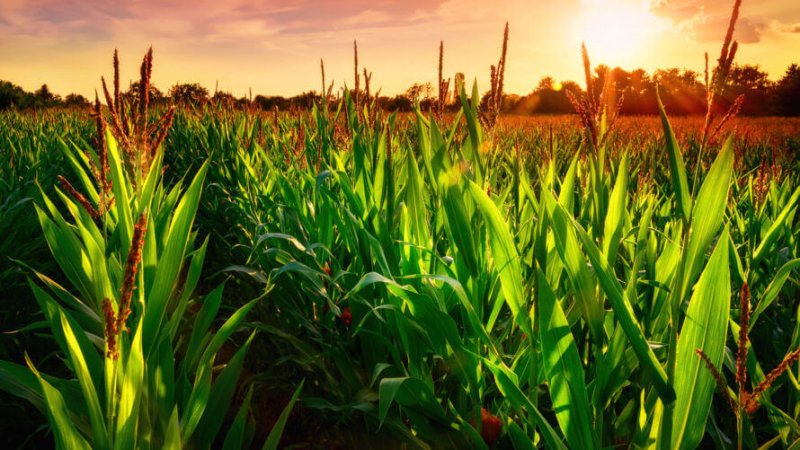The effects of global warming are becoming evident even in Belgium. 2018 was exceptionally warm and dry and the summer of 2019 also broke many weather records, with temperatures above 40 degrees Celsius and an increasing shortage of precipitation …. 2020 will already belong to the list of years with the longest periods of drought, and we are only at the beginning of the growing season.
…
In addition to applying new techniques and better soil management, the necessary transition to climate-adapted agriculture calls for the cultivation of robust, more drought-resistant crops.
The maize varieties that will now be tested in the field have shown great promise in the greenhouse. The plants produce larger amounts of a growth-regulating protein. They grow better in normal conditions and give a noticeable yield increase in drought, at least in the greenhouse.
With this field trial, the researchers want to investigate whether these positive effects are also preserved under normal cultivation conditions.
…
The maize in the three-year field trial that has now started is still based on ‘classic’ gene technology. The trial was authorized by the federal ministers for Health, Agriculture and the Environment, based on a favorable opinion from the Biosafety Advisory Council.
In the meantime, the researchers are diligently looking for ways to obtain the required increased levels of the growth regulator through genome editing. Genome editing is a new breeding technique that allows us to edit genes in a highly targeted and much faster way than traditional breeding methods. This new breeding method is an important key in tackling agricultural problems that can be remedied by improving crops.
Read the original post































